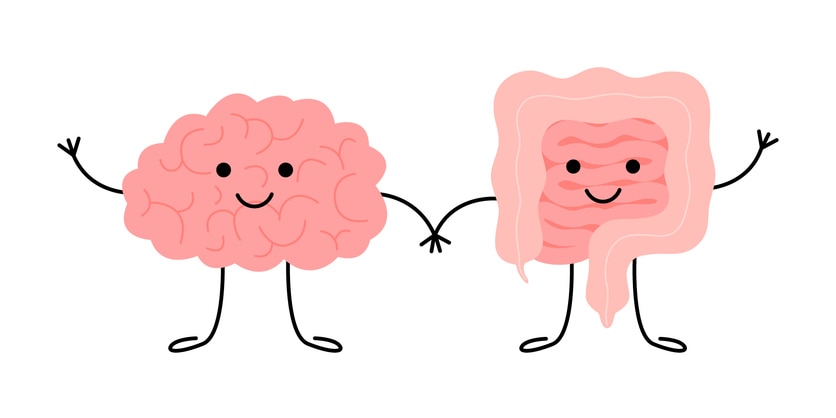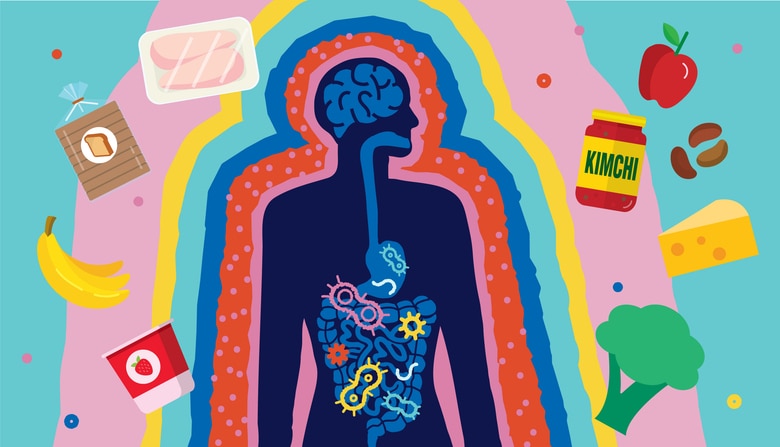Taking care of your gut is crucial for your overall health and vitality. An unhealthy gut can lead to a range of issues, including fatigue, inflammation, a weakened immune system, skin problems, and even mental health challenges. Maintaining a healthy gut is essential for optimal digestion, nutrient absorption, immune regulation, and even brain health. Let’s dive into why gut health matters and how you can improve your digestion!
Quick jump -> Tips for keeping your gut in great shape
The Gut-Brain Connection

Did you know that your gut is often referred to as your “second brain”? This is because it houses millions of nerve cells and neurons that form the enteric nervous system. This intricate network lines your entire digestive tract and communicates directly with your brain using biochemicals, such as neurotransmitters.
The gut and brain are in constant communication, which is why gut issues can manifest as neurological symptoms like brain fog, anxiety, or depression. Improving your gut health may be a promising way to support brain function and enhance mental well-being.
So, how to keep your gut in great shape?

- Eat a Fiber-Rich Diet: Fill your plate with fiber-packed plant foods like fruits, vegetables, legumes, nuts, and whole grains. These foods provide the prebiotics that nourish the beneficial bacteria in your gut microbiome.
- Include Fermented Foods: Incorporate fermented foods such as yogurt, kefir, sauerkraut, and kombucha into your diet. These foods are rich in probiotics—live bacteria and yeasts that help populate your gut with healthy microbes.
- Consider Probiotic Supplements: For an extra boost, you might want to consider a high-quality probiotic supplement to promote digestion and support gut barrier function. Since the gut microbiome is sensitive, repopulating it with beneficial bacteria through food and supplements can be very beneficial. However, always consult your healthcare provider before starting any new supplements or diets.
- Staying hydrated, managing stress, getting enough sleep, and avoiding unnecessary antibiotics and medications that can disrupt the microbiome are also key to gut health.
Listen to your gut
Pay attention to the signs your body is sending you. Symptoms like gas, bloating, diarrhea, constipation, heartburn, and abdominal pain can indicate gut issues. If you experience persistent problems, it’s important to consult a gastroenterologist for further evaluation.











